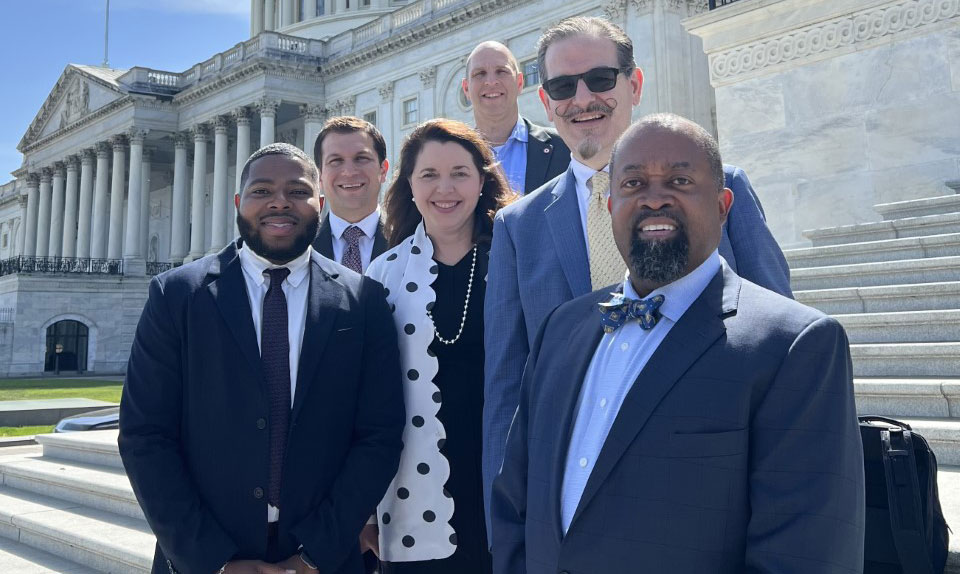Labor & Employment
The food industry provides full-time, part-time, seasonal, and flexible workforce opportunities in a variety of careers and serves as an essential employer in every community around the country. The labor and employment regulatory landscape directly impacts the movement of food necessities and consumer goods throughout complex domestic and global supply chains.
Labor & Employment Resources
Latest Labor & Employment News
FMI Files Industry Comments on OSHA Heat Proposed Rule
FMI Welcomes Introduction of Bipartisan Measure to Improve the Work Opportunity Tax Credit
FMI Voices Concerns with Federal Overtime, OSHA Walkaround Proposed Rules

Leadership
The FMI Government Relations Committee reviews, formulates and recommends to the Public Affairs Committee the programs and positions necessary to represent the interests of grocery retailers and wholesalers before the federal and state governments. The Committee recommends priorities and directions for the maximum utilization of FMI's resources and assists in influencing and implementing government relations programs at the national and state levels.
Learn More Committee Portal





 Industry Topics address your specific area of expertise with resources, reports, events and more.
Industry Topics address your specific area of expertise with resources, reports, events and more.
 Our Research covers consumer behavior and retail operation benchmarks so you can make informed business decisions.
Our Research covers consumer behavior and retail operation benchmarks so you can make informed business decisions.
 Events and Education including online and in-person help you advance your food retail career.
Events and Education including online and in-person help you advance your food retail career.
 Food Safety training, resources and guidance that help you create a company food safety culture.
Food Safety training, resources and guidance that help you create a company food safety culture.
 Government Affairs work — federal and state — on the latest food industry policy, regulatory and legislative issues.
Government Affairs work — federal and state — on the latest food industry policy, regulatory and legislative issues.
 Get Involved. From industry awards to newsletters and committees, these resources help you take advantage of your membership.
Get Involved. From industry awards to newsletters and committees, these resources help you take advantage of your membership.
 Best practices, guidance documents, infographics, signage and more for the food industry on the COVID-19 pandemic.
Best practices, guidance documents, infographics, signage and more for the food industry on the COVID-19 pandemic.
